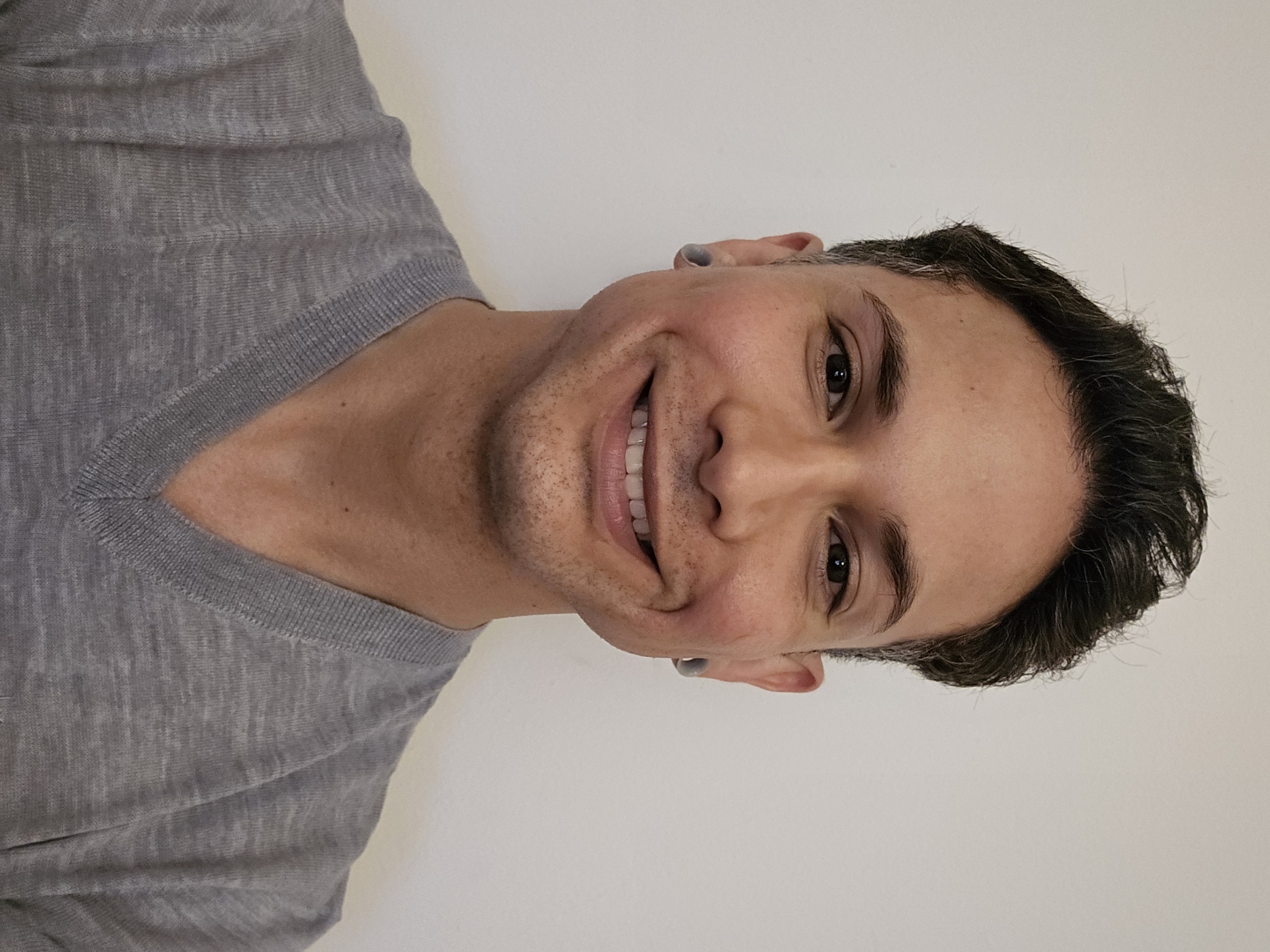Founded a small swim business he called Swim Technique Academy, coaching over a hundred families. What started as a business became a living lab for understanding the delicate balance between individual adaptation and team coordination.
Project: From Swim Lane to Systems Thinking
My experience building the Swim Technique Academy was the first time I truly understood the delicate balance between individual adaptation and organizational coordination. My clients' success depended on their ability to adapt their body to new techniques I taught them, while my business's success depended on my ability to coordinate a structured, repeatable curriculum for over a hundred families. It was a real-world, high-stakes application of a theoretical problem I would later encounter in a Princeton lab.
My journey from the pool deck to the digital lab began in prison, where I devoured books on systems thinking, psychology, and organizational strategy. I realized that the same frameworks I used to build my business were the very tools I needed to understand the chaos of my own life. The swim lane and the prison cell were, in a sense, the same place: a controlled environment where I could observe, test, and refine my understanding of how people learn, change, and grow.
Today, my research with the Velez CoLab at Princeton is a direct continuation of that journey. We investigate a fundamental tension in teamwork: the conflict between adapting to new information and coordinating with others. In the same way I had to tailor a swimming program to an individual's unique needs, my work now involves modifying and analyzing a single-player game to test how human intuition weighs these factors.
The ultimate goal, however, remains the same as it was on the pool deck: to create environments where individuals are empowered to thrive without sacrificing the success of the group. It's a journey from the chlorine-scented water of a local YMCA to the pristine halls of Princeton, all in pursuit of a single question: how can we empower collaboration? My past experiences, particularly as a swim coach, were not a detour; they were my training for this.
